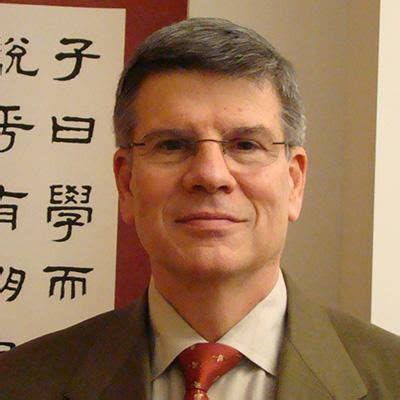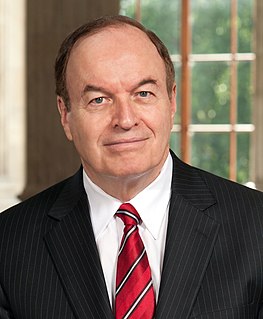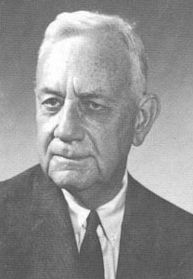A Quote by Lauren Groff
It seems to me that if you were to take almost any half-century in history, you'd find a grand societal tug-of-war between the community and the individual.
Related Quotes
One of the anomalies of modern ecology is the creation of two groups, each of which seems barely aware of the existence of the other. The one studies the human community, almost as if it were a separate entity, and calls its findings sociology, economics and history. The other studies the plant and animal community and comfortably relegates the hodge-podge of politics to the liberal arts. The inevitable fusion of these two lines of thought will, perhaps, constitute the outstanding advance of this century.
In the middle of the nineteenth century, the United States embarked on a new relationship with death, entering into a civil war that proved bloodier than any other conflict in American history, a war that would presage the slaughter of World War I's Western Front and the global carnage of the twentieth century.
As a peace machine, it's value to the world will be beyond computation. Would a declaration of war between Russia and Japan be made, if within an hour there after a swifty gliding aeroplane might take its flight from St Petersburg and drop half a ton of dynamite above the enemy's war offices? Could any nation afford to war upon any other with such hazards in view?
How would you describe the difference between modern war and modern industry-between say, bombing and strip mining, or between chemical warfare and chemical manufacturing? The difference seems to be only that in war the victimization of humans is directly intentional and in industry it is "accepted" as a "trade-off." Were the catastrophes of Love Canal, Bhopal, Chernobyl, and the Exxon Valdez episodes of war or of peace? They were in fact, peacetime acts of aggression, intentional to the extent that the risks were known and ignored.
In the nineteenth century some parts of the world were unexplored, but there was almost no restriction on travel.:; Up to 1914 you did not need a passport for any country except Russia.:; The European emigrant, if he could scrape together a few pounds for the passage, simply set sail for America or Australia, and when he got there no questions were asked.:; In the eighteenth century it had been quite normal and safe to travel in a country with which your own country was at war.
Poverty should be one of the top concerns for any elected leader. It has a negative effect on almost everything we as society entrust our government to do, but it seems that those in the Republican Party find it is more politically viable to fight a war on the people in poverty than it is to fight a war to end poverty in this country.
The beauty standards had nothing to do with me in Mexico. It was such a bizarre, dire time for my hair. I was living in a small town where there was not any semblance of an African community. I'd have to take the bus to Mexico City to find a woman who could braid my hair. That was two and a half hours away.






































